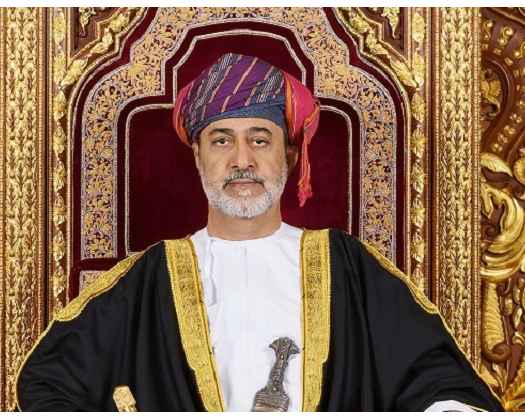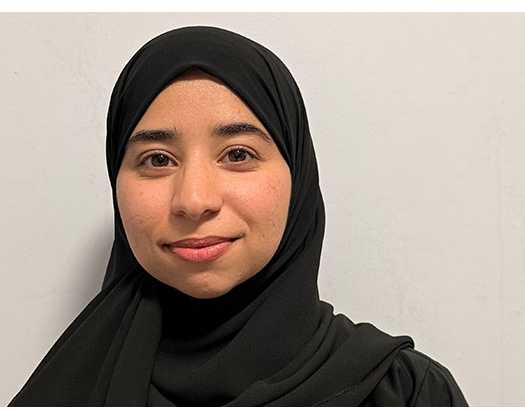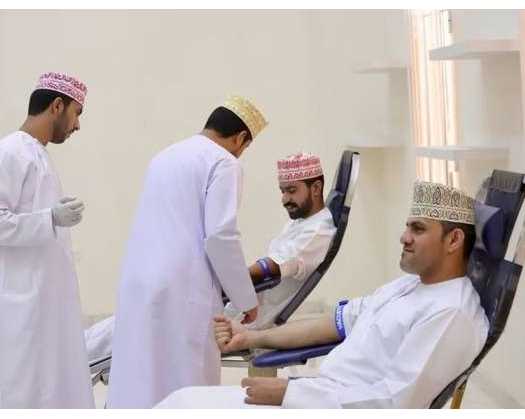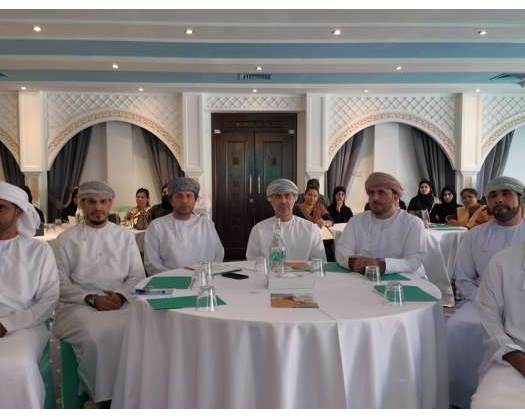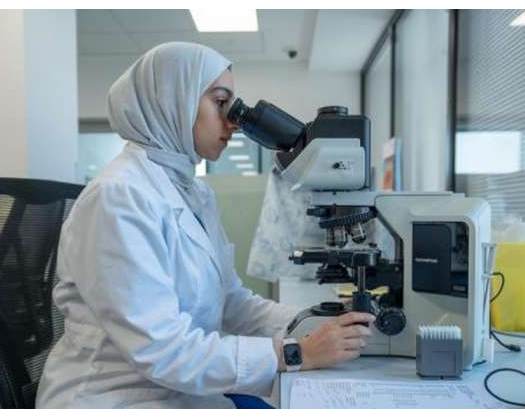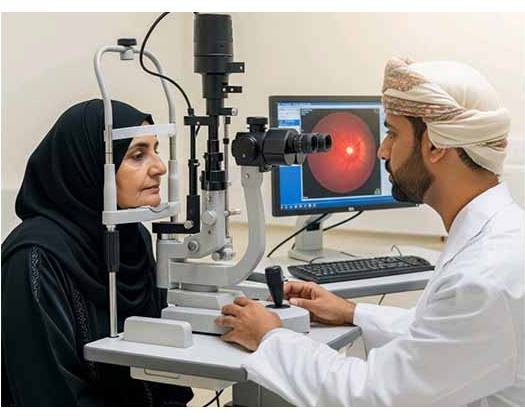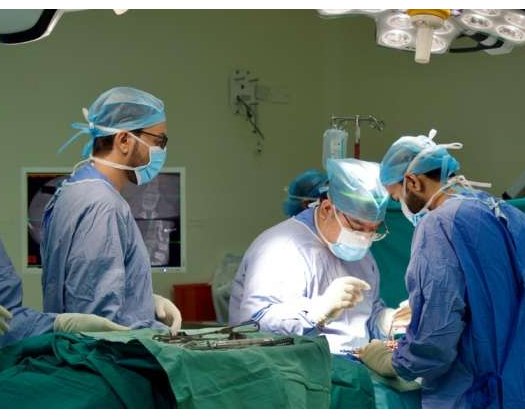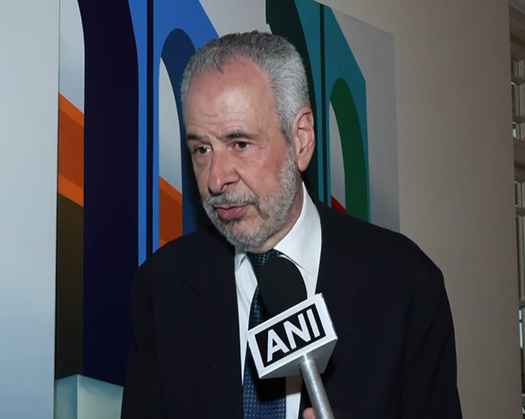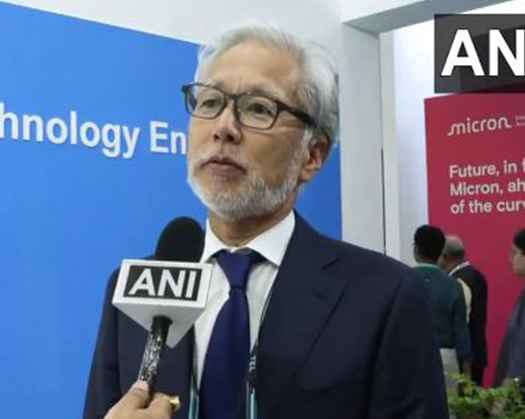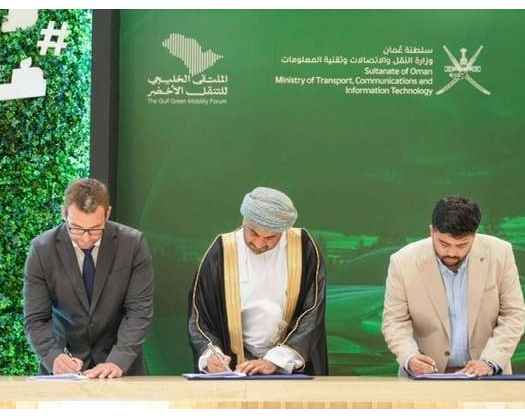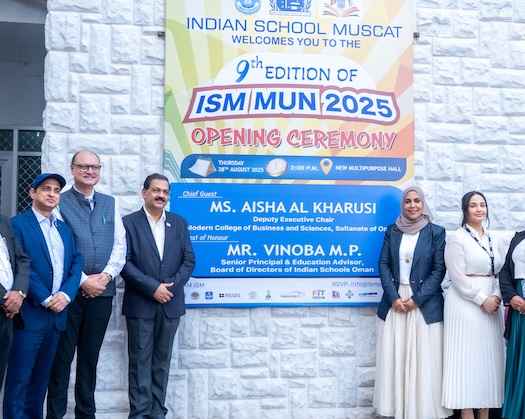Muscat: In line with the Royal commitment to enhancing social solidarity, His Majesty Sultan Haitham bin Tarik has issued Royal directives to allocate OMR1 million to the Ministry of Health via the Waqf Health Foundation "Athar". This funding is intended to facilitate treatment for individuals eligible for Zakat in private healthcare institutions.
These directives are designed to assist those who qualify for Zakat, bolster the spirit of community involvement—a fundamental value in Omani culture—and highlight the significance of solidarity, generosity, and improving quality of life. The initiative also aims to close healthcare disparities and accelerate access to medical services for all societal segments.
Dr. Hilal Ali Al Sabti, the Minister of Health, conveyed deep appreciation to His Majesty Sultan Haitham bin Tarik for the consistent support and attention given to the healthcare sector in the Sultanate of Oman. He pointed out that these prudent directives exemplify His Majesty’s visionary outlook and unwavering commitment to achieving sustainable development in all areas, especially in health.
He remarked that the Royal directives will allow Zakat-eligible individuals to obtain assured treatment in private healthcare facilities, thereby providing them with access to medical care and instilling hope and confidence in their recovery. He emphasized the dedication to ensuring that this assistance reaches its intended recipients with equity and transparency, restoring health, renewing hope, and promoting family well-being. He characterized the initiative as a humanitarian message that captures the true spirit of Zakat—a support system for individuals, a compassionate hand, and a connection between generosity and healing.
In his remarks, Dr. Mohammed Said Al Ma’amari, the Minister of Endowments and Religious Affairs, conveyed his gratitude for the Royal directives. He noted that the "Treatment for Zakat-Eligible Individuals" initiative—aimed at delivering healthcare to Zakat-eligible groups through collaboration between the Ministry of Endowments and Religious Affairs and the Ministry of Health—serves as a commendable act that reflects His Majesty’s ongoing concern and generosity towards the citizens of Oman. This initiative enhances social solidarity and places a strong emphasis on citizen health as a fundamental aspect of development and community enhancement.
He emphasized that protecting human dignity is one of the paramount goals of Islam, and the obligation of Zakat is inherently connected to this noble aim. Zakat, he remarked, has historically been and will continue to be a conduit of solidarity, a wellspring of care, and a manifestation of compassion and mercy among individuals.
The minister urged society, including both institutions and individuals, to back these blessed initiatives and aid in their sustainability, ensuring that the "Zakat-Eligible Initiative" continues to be a revitalized source of generosity within the community and a cornerstone of social solidarity.
In a related note, Dr. Sami Sulaiman Al Farsi, the Director General of the National Center for Women and Children’s Health, remarked that the Royal directives embody a progressive vision that positively influences family stability by assisting Zakat-eligible individuals in obtaining suitable treatment. He asserted that this initiative bolsters societal welfare, enhances quality of life, provides essential healthcare, and fosters trust between community members and institutions dedicated to service delivery.
In her remarks, Dr. Abeer Abdullah Al Ma’amari, the Director of the Treatment for Zakat-Eligible Individuals Project, highlighted that the Royal directives strengthen the fundamental principles of "Oman Vision 2040". These directives aim to protect human dignity and enhance the distribution of services while meeting the needs of individuals eligible for Zakat. This approach is in harmony with the deep humanitarian values embedded in Omani culture and religious teachings, where Zakat is a crucial instrument for fostering societal equilibrium.
She further noted that the allocation of RO 1 million to this humanitarian project exemplifies an innovative approach to leveraging Zakat resources to develop a comprehensive healthcare system. This initiative is facilitated through a strategic collaboration between the public and private sectors, overseen by the Ministry of Health and the Ministry of Environments and Religious Affairs. The project aims to deliver specialized healthcare in private facilities for cases eligible for Zakat that require surgical or radiological interventions, thus alleviating waiting times.
Regarding the regulations and registration processes, she explained that applicants need to be listed in Zakat-eligible records and must provide a medical report from a government healthcare facility that recommends the necessary medical procedure. Registration will commence on 10 September via Zakat committees in the governorates and will last for two weeks, ensuring the utmost standards of transparency and accuracy in selecting beneficiaries and allocating resources to achieve the intended positive outcomes.
Hilal Hamad Al Sarimi, the Executive Director of the Waqf Health Foundation "Athar," remarked that the Royal directives exemplify the wise leadership’s commitment to meeting the highest standards of social development and fostering collaborations between the public and private sectors, as well as Zakat institutions like "Athar." He noted that this initiative aids in achieving sustainable development, ensuring the ongoing provision of healthcare services, and making them accessible to all groups, particularly those entitled to humanitarian assistance. Furthermore, it encourages growth within the private healthcare sector by directing specific cases towards it, thereby ensuring a complementary relationship between public and private health institutions.
In addition, Dr. Mohammed Salim Al Kharusi, the Director of the Zakat Department at the Ministry of Endowments and Religious Affairs, emphasized that the Royal directives reflect His Majesty’s concern for Omani citizens, particularly those eligible for Zakat. He characterized the initiative as a groundbreaking move in reinforcing the principles of social solidarity and advancing the religious and humanitarian values that form the foundation of the Zakat system in Oman.
He further stated that it will cover the treatment expenses for numerous patients in need who qualify for Zakat, thereby easing their financial pressures and health challenges, as well as those faced by their families.

